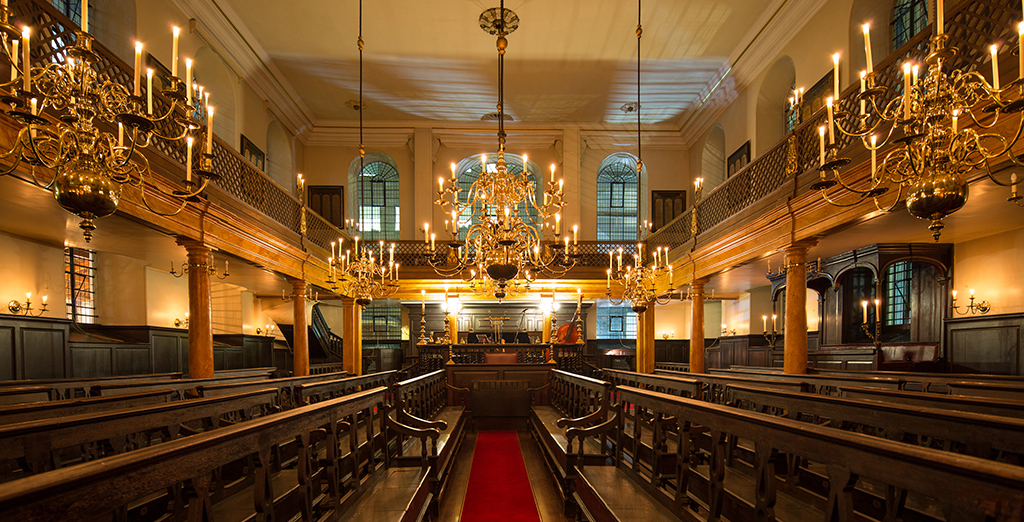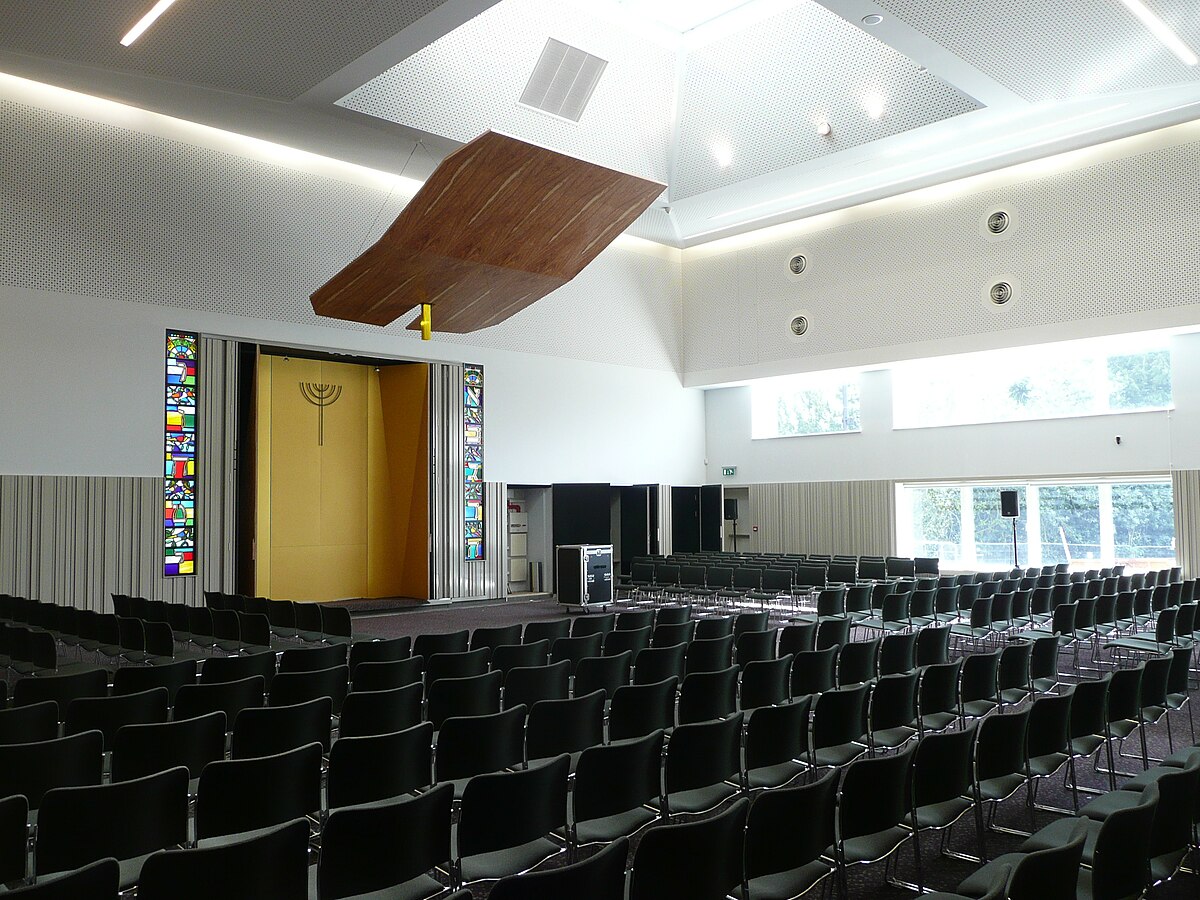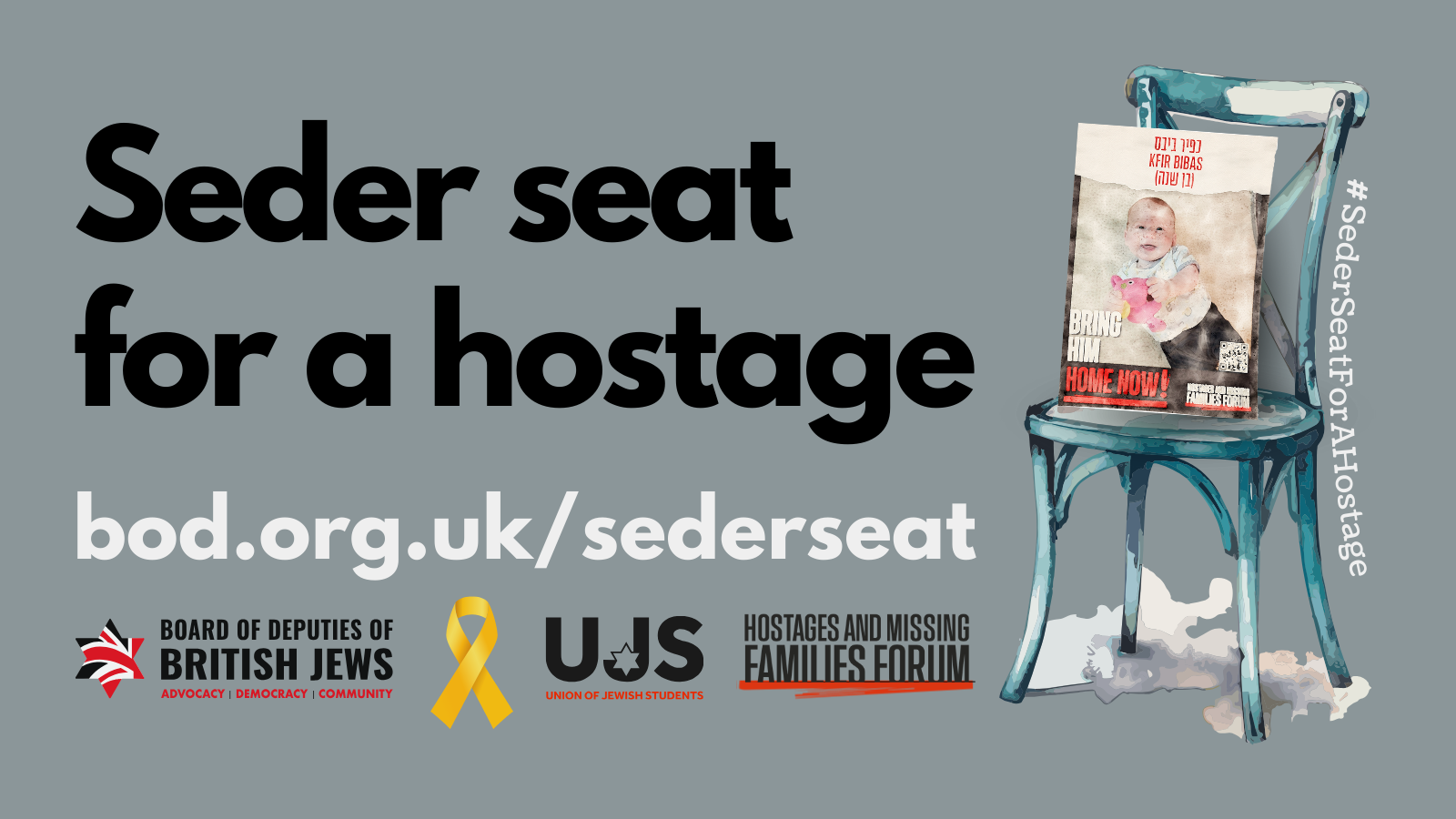 A newsletter discussing issues of Jewishness, Israel/Palestine and Anti/Philosemitism in a UK context.
A newsletter discussing issues of Jewishness, Israel/Palestine and Anti/Philosemitism in a UK context.
Category Archives: Torat Albion
The New Jacobs Affair
Censoring British Rabbis Who Don’t Toe the Line on Israel

Some articles I’ve been reading recently:
On Jewish Revenge: An overview of themes of revenge in postwar modern Hebrew and Yiddish literature
A piece on bizarre forms of philosemitism in contemporary Germany: How German Isn’t It: The Ceremonial Performance of Jewishness in Germany
A piece on a very influential Bialik poem: The 120-Year Old Zionist Poem Still Being Used to Smear the Diaspora and Justify Atrocity
A tremendous D’var Torah on the concept of Ahavat Yisrael (Love of the Jewish People_ by Rabbi Aryeh Bernstein
Excellent podcast episode from Jewish Currents on the implications and efficacy of competing terms: Anti-Zionism/Non-Zionism/Cultural Zionism/Diasporism
*********************************************************************
In the early 1960s the British Jewish community was rocked by what would come to be called ‘The Jacobs affair’. It concerned Louis Jacobs, a brilliant Manchester-born Rabbi who had trained at the Ultra-Orthodox Gateshead yeshiva and was often seen as a future Chief Rabbi. Jacobs held a several prestigious posts, as Rabbi Manchester Central Synagogue, Munks in Golders Green and the New West End Synagogue in Bayswater. He became a tutor at Jews College, the British Orthodox Rabbinical training school, with the expectation that he would eventually become its principal. The trouble was that Jacobs was an independent thinker. While he loved the trapping of United Synagogue Orthodoxy, its top hats and rabbinical vestments, he also venerated academic scholarship, and particularly the academic study of religion. From his studies, Jacobs came to accept that ‘higher criticism’ of the Bible, or the ‘Documentary hypothesis’ was essentially correct; that the Hebrew Bible was written by a range of authors writing in different periods, and later collated and framed by a group of scribal editors. Jacobs argued that it was necessary for modern-thinking Jews to accept the truth of such arguments; he believed that Judaism could continue to be practiced, albeit with a new understanding, that revelation had come from human hands. Jacobs suggested that the phrase ‘Torah Min Hashamayim’ still stood, it just depended on how one understood the ‘min’ (from).
Continue readingEnd the War Already
If there was ever a credible case for Israel’s war on Gaza, the arguments have now evaporated

It’s time to stop the war. I admit I thought it was time to stop the war almost as soon as it began, but at that point I never thought it would still be raging, 6 months on. The time to end it is now.
I write here to those who have supported the war, if with caveats, and are to some degree continuing to do so. I’m assuming that the Israeli political and military leadership have some kind of rational arguments behind their actions. I appreciate that many believe that Israel is simply trying to kill as many Palestinians as possible, and the vast and terrible destruction we have seen in Gaza gives support to that view, but I think there is more going on than that. I still think that persuasion is important, even if forms of economic pressure are also needed, and that Jewish and Israeli supporters of the war are worth engaging with. If we want the war to end, and fast, we need to engage with them.
Continue readingEmpty Chairs: History, Politics and Theology
Critical reflections on calls to set an extra place at Passover Seders for Israeli hostages held in Gaza

There has been a widespread call this Passover for Jewish families to take an extra action at their seders; to create an ‘empty seat’ for one of the Israeli hostages still held in Gaza. For several months now, synagogues have been doing this each week at Shabbat services, and now the campaign has been extended to Pesach, with the Board of Deputies urging ‘individuals and families to set an extra place at their seder table for one of the more than 100 men, women and children still held captive by Hamas.’
Made to be shared, this is a campaign built for the social media era, and the Board has asked people to ‘share pictures of their laid Seder Table with the seat set aside for a chosen hostage, along with the #SederSeatForAHostage hashtag.’
Continue readingOf This Place
Introducing Torat Albion – Creating a Torah of Britain

It’s customary to devote the first post of a newsletter to introducing yourself and discussing what the newsletter is going to be. I didn’t manage to do that, I simply dived in headfirst and started in on one of the meaty subjects I wanted to cover. But I think it’s still worth doing that introduction, so idiosyncratically enough I’ll do it here, as my second post.
Mostly I want to talk about the name – Torat Albion. Torat is from Torah – teaching, wisdom, the name for the Pentateuch (the Greek term for the first five books of the Hebrew bible, a term which nobody except Jews know, see also phylacteries), and more broadly it can describe the whole canon of Jewish textuality. Torah is not wholly fixed; in Judaism there are two Torot, a written and an oral Torah. In its most expansive meaning, Oral Torah includes all the debates Jews continue to have about the nature of Judaism; we are continuing to create Torah in our own time and places. I admit that describing your own writing as Torah is rather grandiose, perhaps we can also translate it more modestly: thoughts, ideas, suggestions.
Continue readingWhat Do We Do Now (Jewishly)?
Reflections on opposing the current conflict ‘as a Jew’
What should we do? The question looms large right now, in the wake of the carnage in Gaza. As ordinary westerners the answer is straightforward; we should march, hold vigils, lobby our politicians and do all we can to lobby for an immediate ceasefire, a negotiated hostage/prisoner exchange, a full Israeli military withdrawal from Gaza, and its inhabitants allowed to return to whatever remains of their homes. There will be much to do after that, but none of that can begin without these fundamental initial steps.
But there is a more specific question that some of us find ourselves wrestling with right now. What should those of us who are Jewish do right now? And particularly; what should we do as Jews? There are a couple of popular options. The first is that promoted by the major Jewish diaspora institutions: stand solidly behind Israel, mourn its losses, support its narrative. Such a position is based largely around remaining in a perpetual October 7th paradigm, almost in denial of the Israeli army’s action’s in Gaza, seeing global protests against those actions as motivated by antisemitism. It will be no surprise to anyone reading this that I do not see this option as remotely sustainable or ethical. The other option, less widespread but still quite common, is to explicitly protest Israel’s military action as Jews, largely by attending the Palestine Solidarity demonstrations as part of the Jewish bloc, perhaps with Jewish specific banners and t-shirts, and/or attending some of the specifically Jewish-led vigils organised by Na’amod. While I have attended some of these and have great sympathy with others that have on a more regular basis, I have some reservations. More specifically I don’t think this is the whole answer to our dilemma.
Continue reading